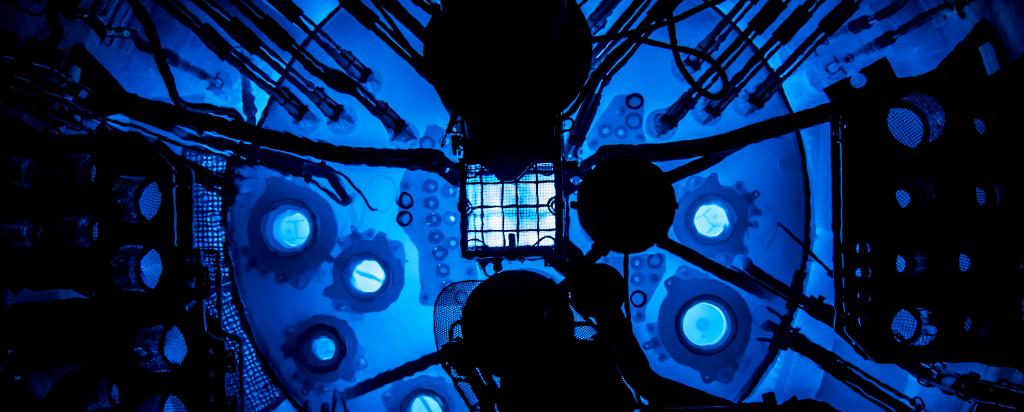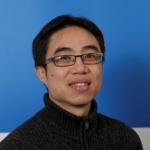
Role at ANSTO
Dr Meng Jun Qin is a materials scientist with expertise in computer modelling
Expertise
- Atomistic modelling techniques: molecular dynamics simulations (MD), density functional theory (DFT)
- Molecular Dynamics Simulations (LAMMPS, DL_POLY)
- Radiation damage (cascades, thermal spikes, point defects accumulation)
- Thermal conductivity of materials under radiation damage at different temperatures
- Mechanical properties (stress-strain curves, elastic constant, bulk moduli, phase transformation under mechanical strain, etc.) of materials under radiation damage at different temperatures
- Thermal properties (thermal expansion, diffusion coefficients, specific heat, enthalpy change etc.)
- Defects generation, clustering and/or recovery
- Interaction between radiation-induced defects and intrinsic defects (twin boundaries, grain boundaries etc.)
- Density functional theory (VASP, CASTEP)
- Structural properties: crystal structure prediction
- Phase transformations under hydrostatic pressure
- Mechanical properties: elastic modulus, compressibility
- Electronic and electrical properties: band structure
- Defects properties: defect accommodation, defect formation energy etc.
- Optical properties: Raman spectroscopy prediction
- Magnetic properties
Background
Doctor of Philosophy (Condensed Matter Physics), Nanjing University, Nanjing, China 09/1994 – 07/1997
Bachelor of Science (Honours) (Condensed Matter Physics), Nanjing University, Nanjing, China 09/1988 – 07/1992
Achievements
- Applied atomistic modelling techniques to support research projects within NFC, developed the capability of atomistic simulation on the behaviour of nuclear materials under high temperature, radiation damage and mechanical deformation. Initiated atomistic simulations on Accident Tolerant Fuel materials: thermal properties of SiC and U-Si systems.
- Developed the capability for ANSTO to participate in international comparison of pure beta and electron capture radionuclides through the successful TDCR system.
- Research outcomes have been published in international scientific journals (more than 100 journal articles), and presented in international conferences
